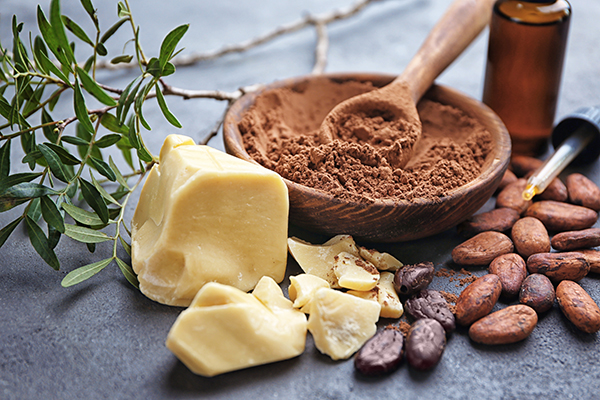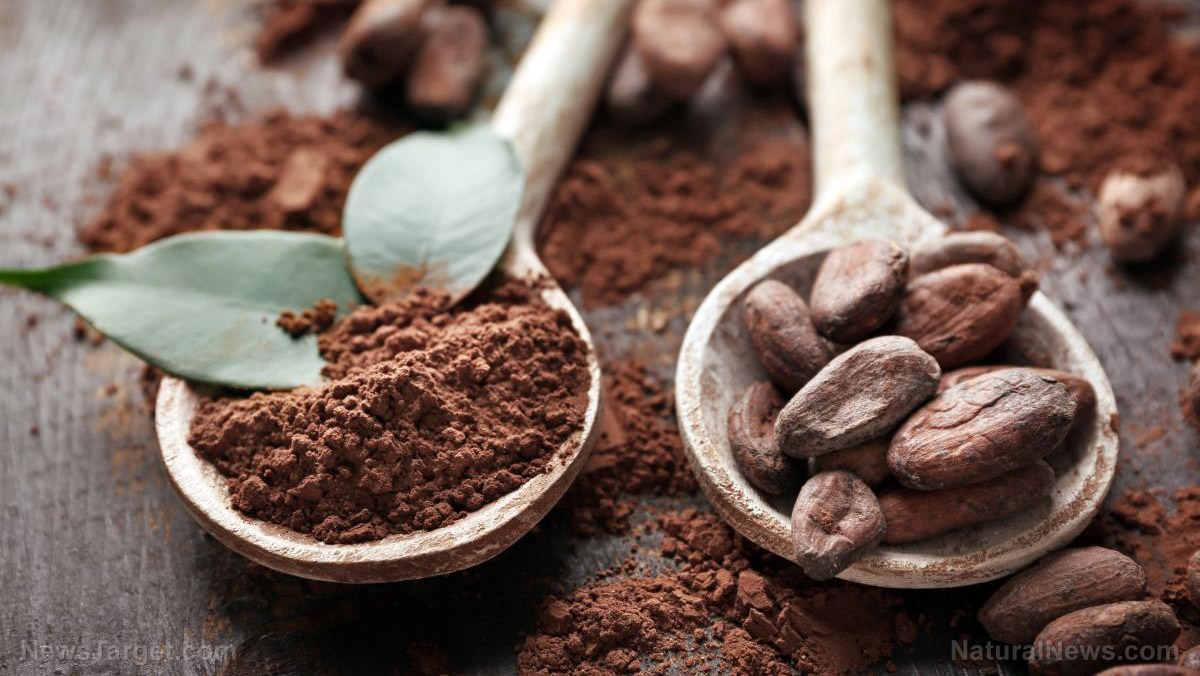High-fat diet found to reduce symptoms of Crohn’s disease
06/25/2017 / By Russel Davis

A diet high in plant-derived beneficial fats such as coconut oil and cocoa butter may help alleviate symptoms of Crohn’s disease, a new study revealed. Crohn’s disease is a type of inflammatory bowel disease characterized by intestinal swelling, cramping, and diarrhea. The condition affects more than half a million people in the U.S. However, the cause of Chron’s disease still remains unclear.
As part of the study, a team of researchers at the Case Western Reserve University examined the effects of healthy fats in mice presenting Crohn’s disease-like symptoms. The study revealed that mice fed with coconut oil and cocoa butter had 30 percent fewer types of intestinal bacteria compared with those fed with a normal diet. The research team also noted significantly different gut bacteria composition between the two groups. According to the experts, the differences were seen in the animals’ feces and cecum. Cecum is a portion in the gut that gets inflamed in patients with Crohn’s disease.
“The finding is remarkable because it means that a Crohn’s patient could also have a beneficial effect on their gut bacteria and inflammation by only switching the type of fat in their diet. Patients would only need to replace a ‘bad’ fat with a ‘good’ fat, and eat normal amounts,” study first author Alexander Rodriguez-Palacios noted in ScienceDaily.com
The results may help clinicians determine bacteria to use in probiotics to treat patients with the condition. “Ongoing studies are now helping us to understand which component of the ‘good’ and ‘bad’ fats make the difference in the gut microbes and make mice healthier. Ultimately, we aim to identify the ‘good’ fat-loving microbes for testing as probiotics…Not all ‘good’ fats might be good in all patients. Mice indicate that each person could respond differently. But diet is something we are very hopeful could help at least some patients without the side-effects and risks carried by drugs. The trick now is to really discover what makes a fat ‘good’ or ‘bad’ for Crohn’s disease,” Rodriguez-Palacios added.
The findings were presented at the annual Digestive Disease Week conference in Chicago, Illinois. The research, which was the first to identify changes in intestinal bacteria, was one of the only six studies accepted for presentation at the conference.
Fast facts about Chron’s disease
Data from the health website CrohnsAndColitis.com revealed that approximately 700,000 people in the U.S. are affected by the disease. The website also showed that the disease affects both men and women. Crohn’s disease diagnosis commonly occurs between the ages 15 and 35. Still according to the website, up to 20 percent of people with Crohn’s disease have a blood relative suffering from irritable bowel syndrome (IBD) .
Symptoms of Crohn’s disease include: diarrhea, rectal bleeding, and unexplained weight loss. Fever, abdominal pain and cramping may also be observed in people with the disease. Fatigue, reduced appetite, and a feeling of low energy are among other symptoms of the disease. Likewise, the condition may negatively affect the eyes, the skin, and the joints.
According to the Centers for Disease Control and Prevention (CDC), certain groups of people were at an increased risk of developing IBD such as Crohn’s disease. As per the CDC, Hispanic and non-Hispanic whites have higher odds of suffering IBD. People who had lower education levels, who were poor and those living in suburban areas were also more susceptible to the condition. Likewise, significantly higher IBD risk was observed in people who were currently unemployed. Furthermore, the CDC noted that people born in the U.S. had higher likelihood of developing the disease compared with those born outside the country. (Related: Here’s how you can treat Crohn’s disease the natural way)
You can learn about how to prevent various illnesses such as Chron’s disease by visiting Prevention.news. Similarly, you can go to Remedies.news for better ways to take care of yourself.
Sources include:
Submit a correction >>
Tagged Under:
coconut oil, crohns disease, health, high-fat diet, irritable bowel disease
This article may contain statements that reflect the opinion of the author
RECENT NEWS & ARTICLES
COPYRIGHT © 2017 CACAO NEWS




















